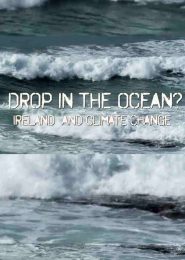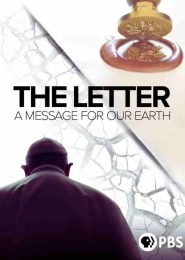The Monsanto Papers (2018)
The Monsanto Papers is a compelling documentary that dives into the controversial pesticide Glyphosate, commonly known as Roundup. Produced in 2018, this 42-minute film sheds light on the ongoing battle over glyphosate’s safety and its impact on human health and the environment.
Here are the key points about The Monsanto Papers:
- Glyphosate Revolution: Glyphosate, developed by Monsanto in the 1970s, sparked an agricultural revolution by significantly increasing crop yields. However, this chemical has remained mired in controversy due to mounting evidence linking it to a higher incidence of Non-Hodgkin Lymphoma among farmers.
- Cancer Allegations: The heart of the documentary lies in the legal battle surrounding Monsanto’s glyphosate-based herbicide, Roundup. A pivotal court case ruled that Roundup was guilty of causing cancer, leading to widespread concern and scrutiny.
- Corporate Influence: The Monsanto Papers exposes the tactics employed by Monsanto to dominate the narrative around glyphosate. The company’s efforts to downplay health risks and influence public perception come under scrutiny.
- Journalistic Investigation: The documentary was reported by Stephanie March and presented by Sarah Ferguson. It aired on the Australian Broadcasting Corporation (ABC), an independent national broadcaster known for its journalistic integrity.
- Global Impact: Glyphosate’s ubiquity as the most widely used herbicide worldwide makes this documentary relevant far beyond Australia. It prompts viewers to question the role of powerful corporations in shaping public health policies.
The Monsanto Papers urges us to examine the crossroad of science, corporate interests, and public health. As glyphosate continues to be a contentious issue, this film serves as a wake-up call for responsible stewardship of our environment and well-being.




